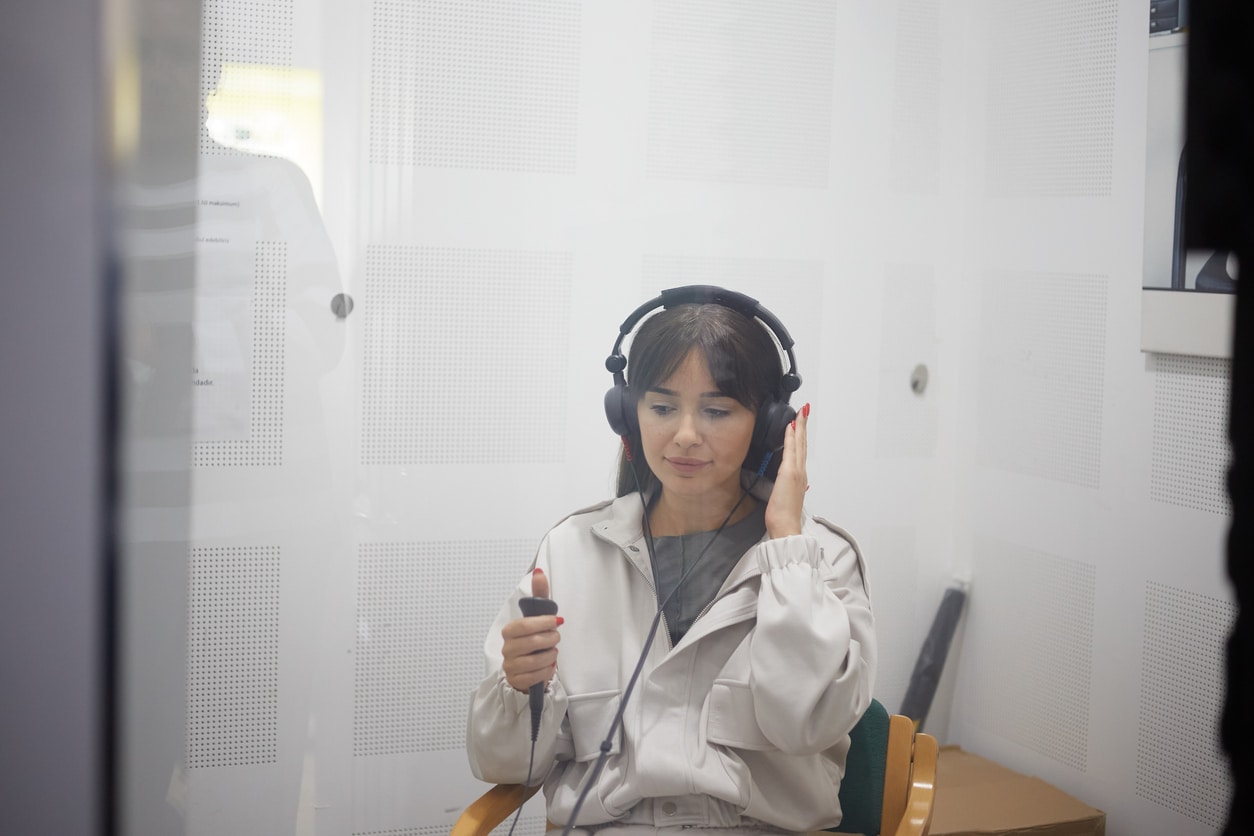Nearly 15% of American adults experience some degree of hearing loss. When you visit a hearing specialist for the first time, one of the most important steps is undergoing a hearing test to determine the nature and severity of your hearing loss. Understanding the specific type you have is key to creating an effective treatment plan.
It’s also helpful to come in with a list of thoughtful questions to help you get the most from your appointment and better understand your hearing health.
Here are several essential questions to consider asking during your visit:
What Kind of Hearing Loss Do I Have?

Why it’s important:
- Identifying the type of hearing loss helps clarify if it stems from aging, prolonged exposure to noise or a medical issue.
- It reveals which types of sounds are most difficult for you to detect.
- Knowing this guides your audiologist in recommending the best hearing protection strategies and targeted treatment options.
Is My Day-to-Day Environment Impacting My Hearing?
Whether you frequent the Independence Farmers Market or enjoy local outdoor concerts, your daily surroundings can affect your hearing health. Sharing details about your regular activities helps your provider assess risks and personalize your care.
Why it’s important:
- Live music or nearby construction may expose you to damaging noise levels.
- If you’re employed in areas like hospitality, farming or music, your provider can suggest appropriate ear protection or coping strategies.
- Lifestyle insights allow your audiologist to offer practical advice that fits smoothly into your daily routine.
Which Hearing Aids Would Work Best for My Routine?
Should your test results show that hearing aids could help, your provider will walk you through models that meet your hearing needs and align with your lifestyle.
Why it’s important:
- Some devices are compact and optimized for active wearers.
- Features such as Bluetooth® streaming or water resistance might enhance your experience depending on how and where you use them.
- Your audiologist will help you choose a device that’s the right mix of effective, comfortable and visually appealing.
Can You Check for Balance or Tinnitus?
Make sure to mention symptoms like lightheadedness or ongoing ear ringing. These may signal other health conditions connected to hearing function.
Why it’s important:
- Those working in loud or physically demanding jobs may be more susceptible to these issues.
- Early diagnosis of balance problems or tinnitus leads to more effective management.
- Your specialist can include these concerns in your overall hearing care strategy.
Other Helpful Topics to Discuss
To make your appointment as productive as possible, you may also want to ask:
- How frequently should follow-up visits be scheduled?
- What’s the proper way to clean and care for hearing aids?
- Are there apps or tools to help optimize hearing aid use?
- What strategies can help in different listening environments?
Your initial hearing evaluation is more than a diagnostic session, it’s the first step in developing a customized plan to improve your connection with the world. Asking the right questions ensures you leave the office feeling informed and supported.
To learn more or schedule your visit, contact Certified Hearing Aid Consultants and start your journey toward better hearing.